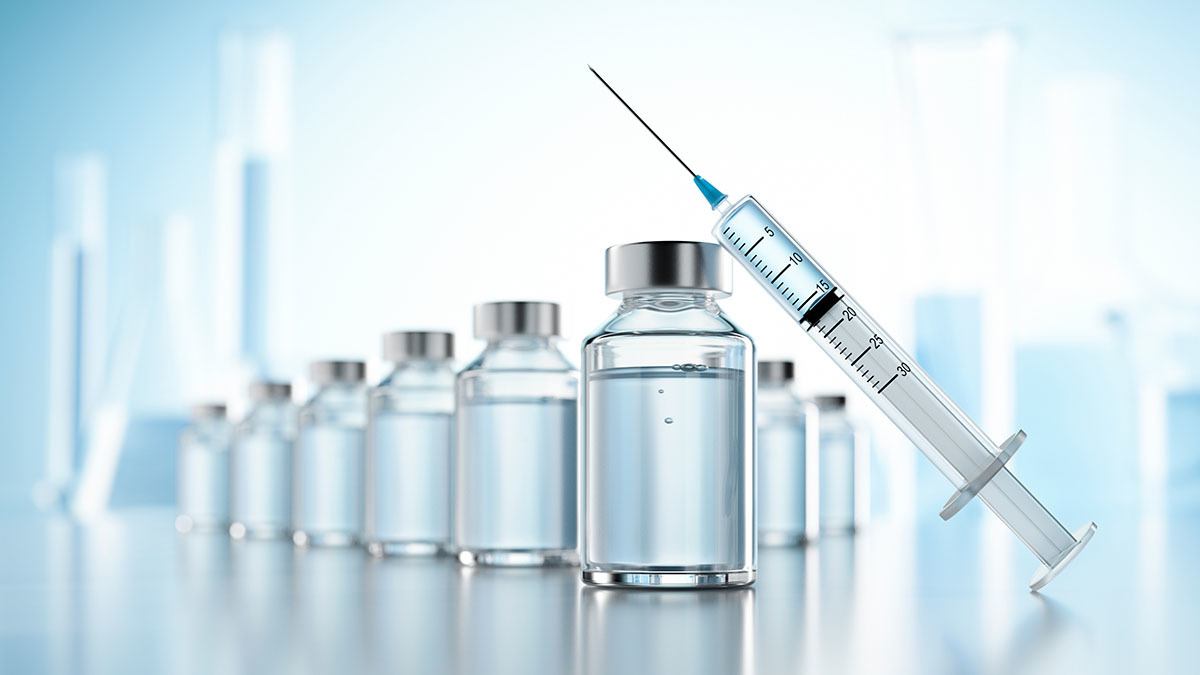USP Oxidative Stress Extractables Testing
The USP Oxidative Stress Extractables Testing is a critical component of pharmaceutical product development and quality assurance. This testing ensures that the materials used in drug delivery systems do not introduce harmful compounds into the final product, thereby safeguarding patient health. The United States Pharmacopeia (USP) sets stringent standards to ensure public safety, and this particular test evaluates extractable substances under oxidative stress conditions.
The process involves simulating real-world scenarios where the drug packaging or delivery system might come into contact with oxygen, leading to potential chemical reactions that could release harmful compounds. By subjecting materials to controlled oxidative stress environments, we can identify any potentially hazardous extractables and leachables before they reach the patient.
This testing is vital for compliance with international standards such as USP General Chapter General Chapter <683>, which provides guidelines on ensuring that excipients and other materials used in pharmaceuticals do not introduce unacceptable levels of extractables into the final product. This chapter specifically addresses oxidative stress testing to ensure that the materials are safe for use.
The testing process typically involves the following steps: selection of appropriate extractants, exposure of the material to an oxidative environment, and analysis of the extracts using advanced analytical techniques such as high-performance liquid chromatography (HPLC), inductively coupled plasma mass spectrometry (ICP-MS), or gas chromatography-mass spectrometry (GC-MS). The aim is to identify any compounds that could pose a risk to the patient's health.
Real-world applications of this testing include ensuring the safety of drug delivery systems such as syringes, vials, and packaging materials. For instance, in the case of a new biologic product being delivered through a glass vial, we would test for potential extractables that could interact with the active pharmaceutical ingredient (API). This ensures that the vial does not release harmful substances into the drug during storage or use.
Another example is the testing of rubber stoppers used in ampules. The oxidative stress conditions can break down the rubber, releasing potentially harmful compounds such as sulfur-containing compounds into the drug solution. Identifying these extractables early in the development process allows for the selection of safer materials and formulations.
The importance of this testing cannot be overstated. In a world where pharmaceutical safety is paramount, ensuring that no harmful substances are introduced into the patient's body through the packaging or delivery system is crucial. The USP Oxidative Stress Extractables Testing provides a robust method to achieve this goal, thereby upholding public health standards.
- Biologic Drug Delivery Systems
- Pharmaceutical Packaging Materials
- Glass Vials and Ampules
- Rubber Stoppers and Sealing Pieces
Why It Matters
The USP Oxidative Stress Extractables Testing is essential for ensuring that pharmaceutical products are safe for patients. By identifying potentially harmful compounds that could be released into the drug during storage or use, this testing helps prevent contamination and ensures compliance with international standards.
Contamination of a drug product by extractables from its packaging can lead to adverse health effects, including allergic reactions, organ toxicity, and even cancer. Therefore, rigorous testing is necessary to eliminate any risks associated with the materials used in pharmaceutical manufacturing.
The oxidative stress conditions simulate real-world scenarios where the drug could be exposed to oxygen, leading to potential chemical reactions that release harmful compounds into the final product. By identifying these extractables early in the development process, we can make informed decisions about material selection and formulation to ensure patient safety.
Compliance with international standards such as USP General Chapter <683> is crucial for pharmaceutical manufacturers. These guidelines provide a framework for ensuring that excipients and other materials used in pharmaceuticals do not introduce unacceptable levels of extractables into the final product. By adhering to these standards, we can ensure that our products meet the highest safety and quality standards.
The importance of this testing cannot be overstated. In a world where pharmaceutical safety is paramount, ensuring that no harmful substances are introduced into the patient's body through the packaging or delivery system is crucial. The USP Oxidative Stress Extractables Testing provides a robust method to achieve this goal, thereby upholding public health standards.
Industry Applications
- Biologic Drug Delivery Systems: Ensuring the safety and purity of biologics by identifying extractables that could interact with the active pharmaceutical ingredient (API).
- Pharmaceutical Packaging Materials: Evaluating the safety of packaging materials such as vials, ampules, and rubber stoppers.
- Glass Vials and Ampules: Testing for potential extractables from glass containers used in drug delivery systems.
- Rubber Stoppers and Sealing Pieces: Identifying harmful compounds released into the drug by rubber stoppers during storage or use.
Eurolab Advantages
Eurolab offers unparalleled expertise in pharmaceutical testing, including USP Oxidative Stress Extractables Testing. Our team of qualified professionals ensures that all tests are conducted to the highest standards, providing reliable and accurate results.
Our state-of-the-art facilities and advanced analytical techniques allow us to provide comprehensive testing services for a wide range of pharmaceutical materials. We use high-performance liquid chromatography (HPLC), inductively coupled plasma mass spectrometry (ICP-MS), and gas chromatography-mass spectrometry (GC-MS) to analyze extracts from various materials.
Our experienced scientists and engineers are committed to ensuring that our clients receive the most accurate and reliable results. We offer a full range of testing services, including method development, validation, and compliance testing. Our team is dedicated to helping pharmaceutical companies meet their quality assurance goals and ensure patient safety.





